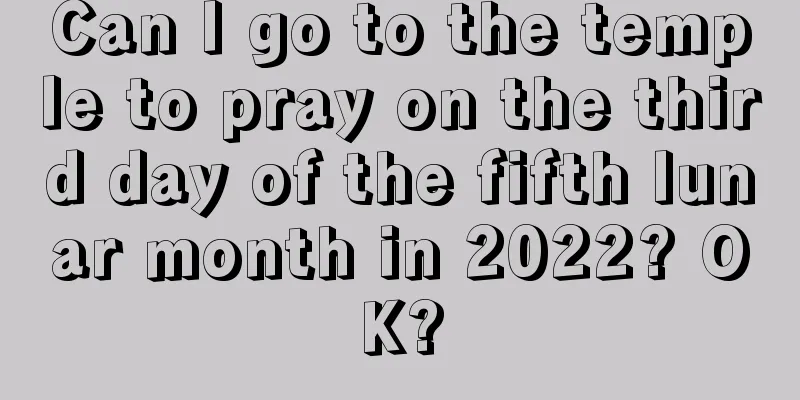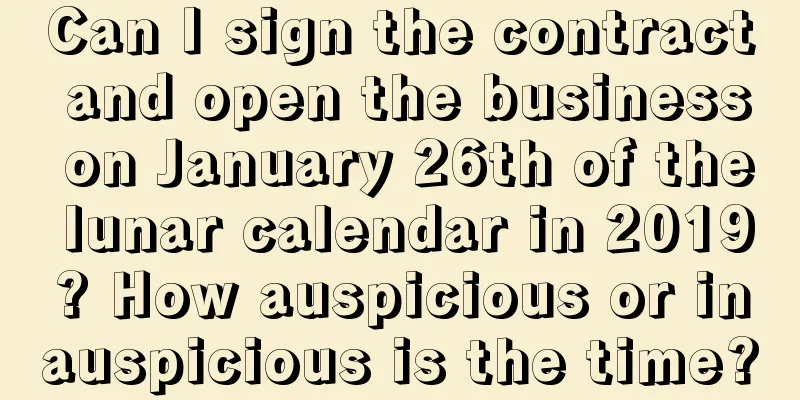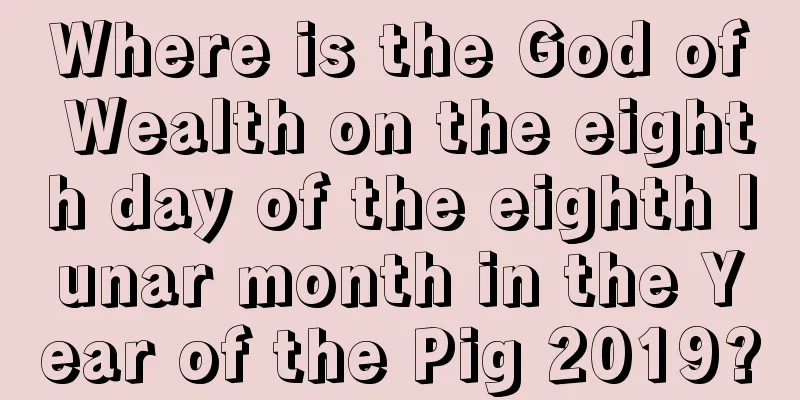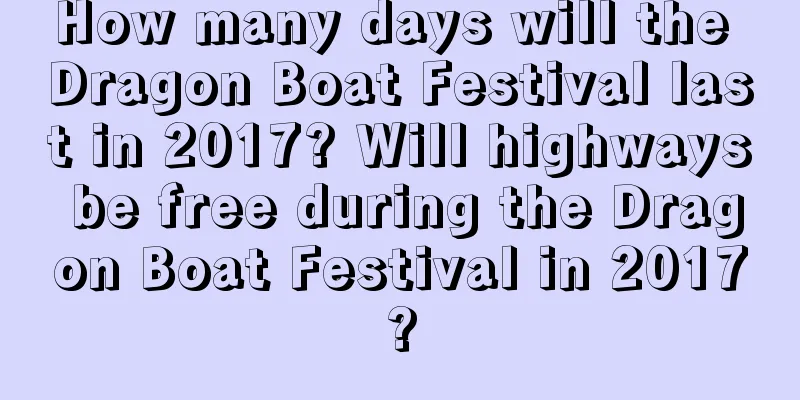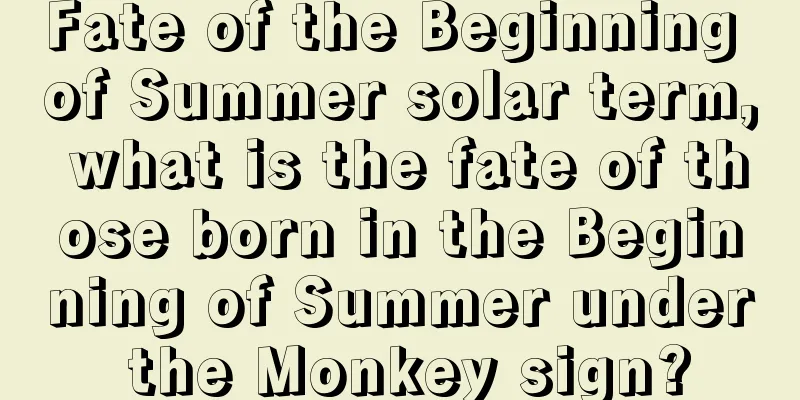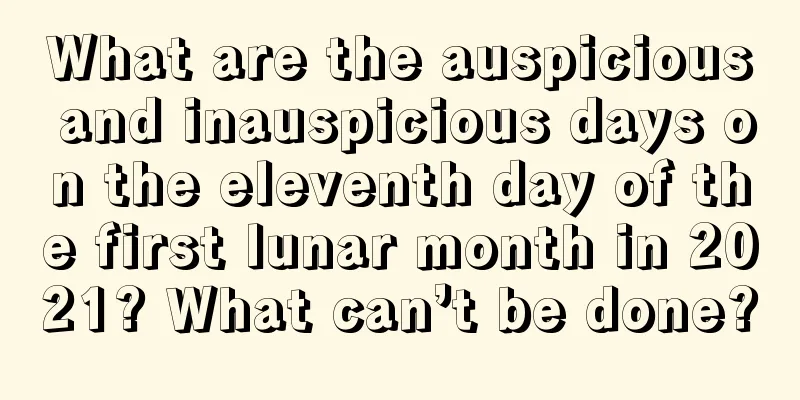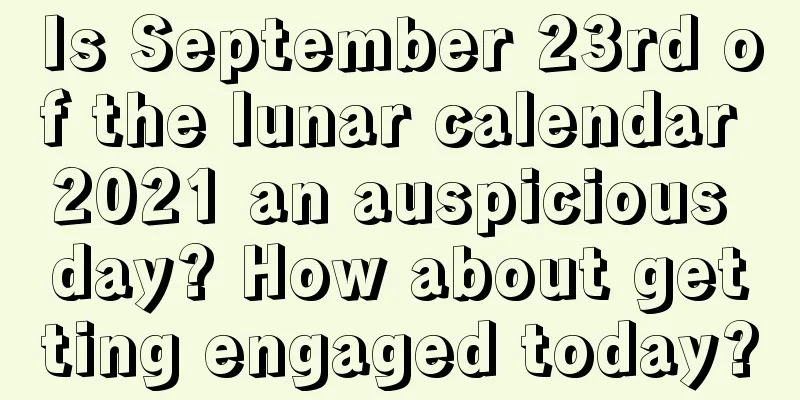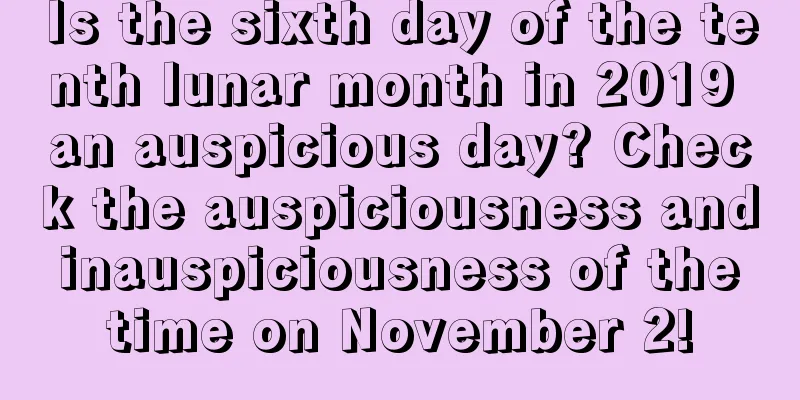Why do we sweep tombs on Qingming Festival? What is the origin of Qingming Festival?
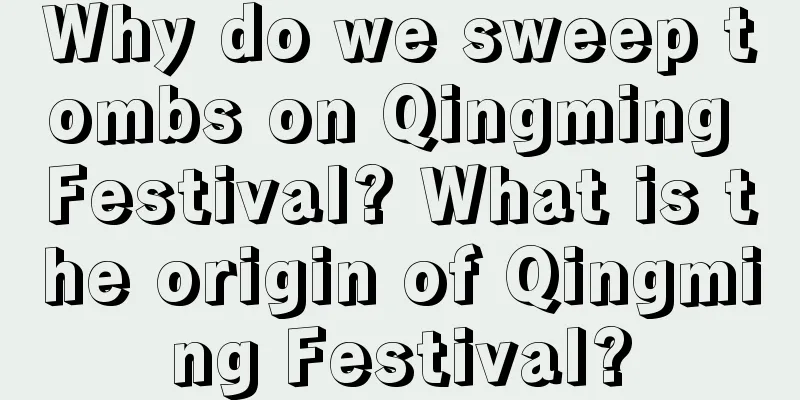
Introduction: We bid farewell to the Spring Equinox and enter the Qingming Festival, one of the 24 solar terms. As we all know, Qingming Festival is a national statutory holiday. People will use these days to visit graves and go outings. So why do we sweep tombs on Qingming Festival? What is the origin of Qingming Festival? Let’s follow the editor to learn more about it below! March is the last month of spring, which will bring all things back to life and start a beautiful growth process. The third month of the lunar calendar is a time full of vitality because it is the most beautiful. Qingming Festival is one of the 24 solar terms in the lunar calendar. It falls at the turn of mid-spring and late spring, which is the 108th day after the winter solstice. The solar terms are formulated according to the lunar calendar, which has no leap year. The traditional Qingming Festival of the Han Chinese began around the Zhou Dynasty and has a history of more than 2,500 years. "Almanac" records: "Fifteen days after the vernal equinox, the Big Dipper points to Ding, which is Qingming. At this time, all things are clean and bright. It is named this because the weather is clear and the scenery is bright, and all things are visible." When Qingming arrives, the temperature rises, and it is a good time for spring ploughing and planting. Hence the saying "Plant melons and beans before and after Qingming." Qingming Festival is a traditional festival for ancestor worship, and the traditional activity is tomb sweeping. On May 20, 2006, it was approved by the State Council to be included in the first batch of national intangible cultural heritage list.The Origin of Qingming FestivalTo talk about Qingming Festival, we need to start with a festival - Cold Food Festival.The Cold Food Festival, also known as the Hot Food Festival, the No Smoking Festival, and the Cold Festival, is 108 days away from the winter solstice, which is only one or two days away from the Qingming Festival. The main custom of this festival is to ban fire. People are not allowed to light fires to cook food, and can only eat prepared hot and cold food, hence the name. The origin of Qingming Festival is said to have started from the "tomb sacrifice" ceremony of ancient emperors and generals. Later, the people also followed suit and worshiped their ancestors and swept tombs on this day. It has been passed down from generation to generation and has become a fixed custom of the Chinese nation. The name "Qingming Festival" also comes from the Qingming solar term among the 24 solar terms in the Chinese lunar calendar. The 106th day after the winter solstice is the Qingming solar term. The Qingming solar term lasts for 15 days. Qingming, as a solar term, comes after the vernal equinox. At this time, winter has gone, spring is in full swing, the weather is clear, the fields are bright, and nature is full of vitality everywhere. "Qingming" is the most appropriate word to refer to this period. Why do we sweep tombs on Qingming Festival?Qingming Festival has now become an important festival for people to visit graves and remember their ancestors. When did tomb-sweeping festival begin? Folklorists have explained this. The general view is that the custom of tomb sweeping on Qingming Festival is a continuation of the tradition of Cold Food Festival. "Before the Tang Dynasty, tomb sweeping was done during the Cold Food Festival. The confusion between Qingming Festival and Cold Food Festival probably started in the Tang Dynasty. The confusion between tomb sweeping on Cold Food Festival and tomb sweeping on Qingming Festival probably started only in the Tang Dynasty."The Origin of Tomb Sweeping on Qingming FestivalQingming Festival is a traditional festival for ancestor worship, and the main activity is tomb sweeping. The origin of Qingming Festival is said to be from the "tomb sacrifice" ceremony of ancient emperors and generals. Later, it was imitated by the public and people worshipped their ancestors and swept tombs on this day. It has been passed down from generation to generation and become a fixed custom of the Chinese nation.There are two theories about the origin of the Cold Food Festival tomb sweeping in folk legends. It is said that during the Three Kingdoms period, Zhuge Liang ruled Shu and was deeply loved by the people. However, after his death, the imperial court did not build a temple for him, so the people worshiped him on the fields and roads during the Cold Food Festival. Later, the imperial court reflected on its inappropriate measures and formally added Zhuge Liang to the ancestor (Liu Bei) temple. However, the custom of outdoor sacrifices on Cold Food Festival had already been formed and evolved into everyone sweeping the graves of their ancestors. Another theory claims that the custom of tomb-sweeping on Cold Food Festival was formed at the same time as the Cold Food Festival in the Spring and Autumn Period, both of which were formed to commemorate the hermit Jie Zitui. Others believe that the custom of tomb sweeping on Cold Food Day originated from the ancient custom of offering sacrifices to Gaomei during the Spring Equinox. Gao Mei is Gaomu. In the primitive society where people only recognized their mothers but not their fathers, Gaomu was the ancestor. Offering sacrifices to Gaomei means offering sacrifices to ancestors. The original festival of Cold Food Festival was in the second half of February, which coincided with the time for worshipping Gaomei in ancient times. Therefore, Emperor Xuanzong of Tang established Cold Food Festival as a festival to worship ancestors. In later generations, the Cold Food Festival was shortened to the last three or two days, or directly combined with the Qingming Festival, so tomb sweeping on the Cold Food Festival became tomb sweeping on the Qingming Festival. Why do we sweep tombs on Qingming Festival? The legend of sweeping tombs on Qingming FestivalAccording to legend, during the Spring and Autumn Period and the Warring States Period, Chong'er, the son of Duke Xian of Jin, fled abroad accompanied by ministers such as Jie Zitui to avoid persecution by his stepmother Li Ji. When they fled to the State of Wei, they had no food to eat and were poor and sick. In desperation, Jie Zitui reluctantly cut off the meat from his leg and lied that it was wild rabbit meat and cooked it for Chong'er. Later, someone told Chong'er the truth, and he found out. 19 years later, Chong'er returned to his country and became the king of Jin, namely Duke Wen of Jin. He rewarded his officials according to their merits, but he forgot Jie Zitui who was loyal to him.When someone reminded him, Chong'er remembered the old story and sent someone to invite him, but Jie Zitui avoided them. Duke Wen of Jin went to the mountain in person to invite him, only to find out that Jie Zitui had taken his old mother and hid in Mianshan. He then sent people to the mountain to search for him but could not find him. Duke Wen of Jin knew that Jie Zitui was a very filial son, and if the mountain was set on fire, he would definitely run down the mountain carrying his old mother on his back. However, the fire burned for three days and three nights, and Jie Zitui and his mother did not come out. Later, they were found burnt to death beside a dead willow tree. Jie Zitui's spine was blocking the hole of the willow tree. In the hole was a piece of Jie Zitui's clothes, on which was written a poem in blood: "I cut my flesh to serve you with all my heart, I hope my lord will always be clear-minded. It is better to be a ghost under the willow tree and never see you, than to serve you as a minister of advice. If my lord still has me in his heart, he should often reflect on himself when I die. I have no regrets in the nine springs, and I will work hard to make myself clear-minded again." Duke Wen of Jin was very moved after reading it. He burst into tears, and buried Jie Zitui and his mother in Mianshan, changed Mianshan to Jieshan, and built a temple to commemorate them. In order to commemorate Jie Zitui, Duke Wen of Jin ordered that the day when Jie Zitui was burned to death be designated as "Cold Food Festival". On this day every year, fireworks were strictly prohibited and only cold food was eaten. On the Cold Food Festival of the third year, Duke Wen of Jin led his ministers to Jie Mountain to sacrifice to Jie Zitui. He found that the dead willow tree had come back to life, so he named the willow tree "Qingming Willow" and stipulated that people should commemorate Jie Zitui from Cold Food Festival to Qingming Festival. Later, the Cold Food Festival was gradually confused with Qingming Festival, and the tomb-sweeping festival on Cold Food Festival was confused with tomb-sweeping festival on Qingming Festival, and Qingming Festival gradually replaced the Cold Food Festival. Summary: The above is about why we need to visit graves on Qingming Festival and the origin of Qingming Festival. You can refer to it! I hope you like the above content! |
<<: When is Qingming Festival and what is its origin?
>>: Is Qingming Festival 2017 a good day? Can I get married on Qingming Festival?
Recommend
Where is the God of Wealth on the 16th day of the seventh lunar month in 2018? Check the time
As the saying goes, "July is the hottest mon...
Is the lunar calendar date for New Year’s Eve 2018 a good date? How to check the contents of the lunar calendar for New Year’s Eve?
Introduction: In our country’s traditional customs...
Sentences about not being able to spend the Mid-Autumn Festival with family, a collection of sad short sentences for the Mid-Autumn Festival
Mid-Autumn Festival is approaching, do you want to...
What is the fate of a boy born on November 24, 2020?
What is the fate of a boy born on November 24, 202...
How about September 17th of the lunar calendar in 2021? What is the zodiac sign on this day?
In the ninth month of the lunar calendar, the grac...
What is the zodiac sign of a Rooster baby born during the Mid-Autumn Festival in 2017? Is fate good?
Introduction: The Mid-Autumn Festival on the 15th ...
What is the zodiac sign for people born in February of the lunar calendar in 2021? Advantages of constellations
The zodiac signs of children born at different tim...
Is it good for a boy born on April 26, 2020? Is his fortune strong?
Introduction: Although everyone cannot choose the ...
Is it possible to move into a new home during the Ghost Festival in 2021? How to solve the problem of moving during the Ghost Festival?
Every day is good or bad, some days are good, some...
Will there be tolls on the highway on New Year's Day 2020? Is it a good time to break ground on New Year's Day 2020?
Introduction: New Year's Day can be auspicious...
How is Qingming Festival celebrated in the south? What do people eat during Qingming Festival in the south?
Introduction: China is a vast country with abundan...
What day is the tenth day of February in the Year of the Rat 2020 in the Gregorian calendar? What is the zodiac sign of the baby born there?
There are two ways to express days: the Gregorian ...
Is November 11th of the lunar calendar in 2020 a good day to pray?
Traditional Chinese culture believes that blessing...
What is the day of the Little New Year in the South on the 24th day of the twelfth lunar month in 2020? The meaning of Little New Year
Introduction: Every day of the year unfolds differ...
Is the Shangsi Festival on the third day of the third lunar month in 2019 an auspicious day?
Is the third day of the third lunar month in 2019 ...
